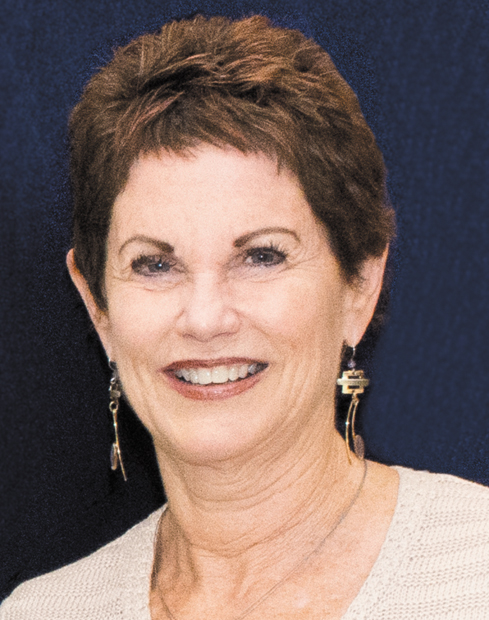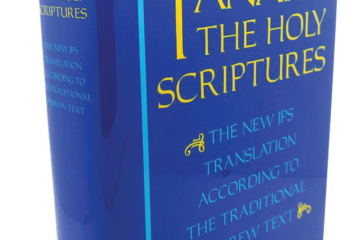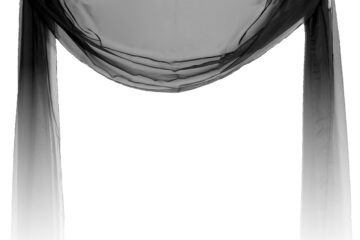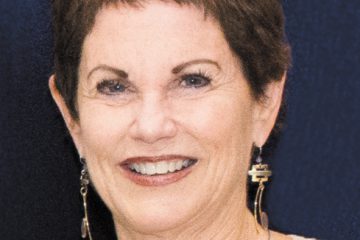Even with social distancing, we must walk together

By Rabbi Judy Chessin, Temple Beth Or
This spring, the coronavirus has created an unprecedented crisis in our lifetimes. Already we were learning to cope with extremism in politics and religion, divisive elections, and antisemitism both here and abroad. Now the Covid-19 virus has become a global pandemic filling many of us with a new kind of terror.
How are we to cope with such fright? We have often quoted the words of Rabbi Nachman of Bratslav. “The entire world is a narrow bridge, but the essence of life is not to be afraid (lo l’fached klal).” Only recently did Rabbi Avi Shafran teach that we have been misreading the verse. Reb Nachman actually said, “lo litpachad”— the essence of life is not to frighten ourselves.”
There are countless dangers in this world. And there is no way to avoid fear altogether. But Rabbi Nachman counseled against feeding our fears, amplifying a crisis beyond imagining, anticipating the worst to the point of immobilization.
Jerusalem Post’s Brian Blum wisely suggests, “Let us treat Covid-19 as Israelis treat terrorist attacks.” How do Israelis respond to terror? “By continuing to live our lives. We take precautions, we follow the health advisories, we use common sense, but we don’t hide in our homes and stop living out of fear. Depicting Covid-19 as a viral terrorist confounds the narrative of fearing the other, and it allows us to think logically — from experience — not out of hysteria.”
Rabbi Jack Riemer, former rabbi of Dayton’s Beth Abraham Synagogue, teaches another passage which might bring us comfort. It comes from someone who walked boldly across the narrow bridge despite the fear. The Rev. Martin Luther King Jr. was assassinated 52 years ago, April 5, 1968.
In his sermon Antidotes for Fear, King described two types of fear: “Sigmund Freud spoke of a person who was quite properly afraid of snakes in the heart of an African jungle and of another person who neurotically feared that snakes were under the carpet in his city apartment. Psychologists say that normal children are born with only two fears — the fear of falling and the fear of loud noises — and that all others are environmentally acquired. Most of these acquired fears are snakes under the carpet…Normal fear protects us; abnormal fear paralyzes us. Normal fear motivates us to improve our individual and collective welfare; abnormal fear constantly poisons and distorts our inner lives. Our problem is not to be rid of fear but rather to harness and master it.”

Despite the fear and worry which he faced daily, King lived his life, forged ahead, and built bridges of courage on which to lead his people from slavery. In his final speech in Memphis, on April 4, 1968, the night before he was slain, King stated: “You know, whenever Pharaoh wanted to prolong the period of slavery in Egypt, he had a favorite formula of doing it. What was that? He kept the slaves fighting among themselves. But whenever the slaves get together, something happens in Pharaoh’s court, and he cannot hold the slaves in slavery. When the slaves get together, that’s the beginning of getting out of slavery. Now let us maintain unity.”
Likewise, we currently find ourselves amid powerful days of commemoration on our Jewish calendar. Passover celebrates the flight of the Jewish slaves from fear to freedom. Yom HaShoah v’Hagevurah (the remembrance of the Holocaust and Heroism) provides countless models of resilience, resistance, bravery, and survival. And Yom Ha’atzmaut (Israel’s Independence Day) celebrates the Jewish people’s eternal yearning for a homeland where Jewish children may yet breathe free and unafraid.
Teacher Avram Infeld calls these the “Days of We.” Just as the High Holy Days and Sukkot in the fall give us a time for personal introspection to focus on “me,” so, six months later, does the period from Pesach to Yom Ha’atzmaut provide us with a period of time to focus on “we.”
Remember the old story about the man lost in the forest, lonely and afraid? He came across another wanderer, who said, “Friend, I too am lost. But take my hand, and together we will find our way.”
Sadly, due to the coronavirus, we may not be able to join hands right now. However, even with recommended social distancing, we can still walk together and find our way to the Promised Land…a place where none shall make us afraid.
To read the complete April 2020 Dayton Jewish Observer, click here.





